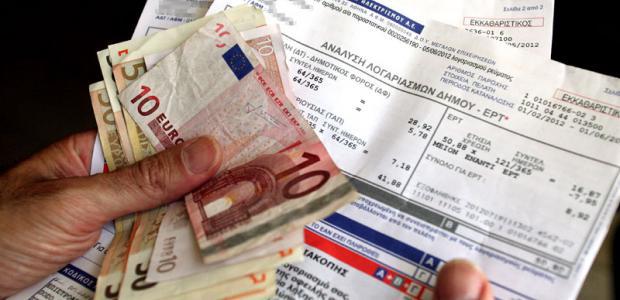Industrial sector officials have reacted strongly against the share of an ETMEAR emissions surcharge allotted to the sector, while also expressing even stronger disapproval of the government’s failure to make any plans aimed at adopting EU guidelines that would set an official upper limit of this surcharge at 0.5 percent of each industrial firm’s economic value added.
RAE, the Regulatory Authority for Energy, had decided on how to distribute the ETMEAR surcharge among all electricity consumer sub-categories at the beginning of this month. The distribution plan has now been published in the government gazette.
Industrial officials pointed out that the EU guidelines, covering a range of issues, including the ETMEAR surcharge, a RES-supporting fee, have been available since May, 2014. “Greece should have submitted a convergence plan by July, 2015, but it looks like the country has not even set up a working group for the measure’s adoption,” an industrial sector authority protested.
The EU guidelines for state aid in the environment and energy domains, covering 2014 to 2020, include provisions for limits to RES-supporting surcharges paid by energy-intensive enterprises, especially electro-intensive firms, a sub-category including enterprises paying more than 20 percent of their economic value added for electricity.
The adoption of a 0.5 percent upper limit for ETMEAR surcharges paid by such enterprises would offer major cost-saving benefits for energy-intensive enterprises, such as steel and cement industrial firms, as well as numerous medium-voltage companies, authorities have told energypress.
RAE’s distribution plan will be valid throughout 2016. The authority plans to collect 937 million euros of ETMEAR surcharges in 2016, down from 1.07 billion euros in 2015.





